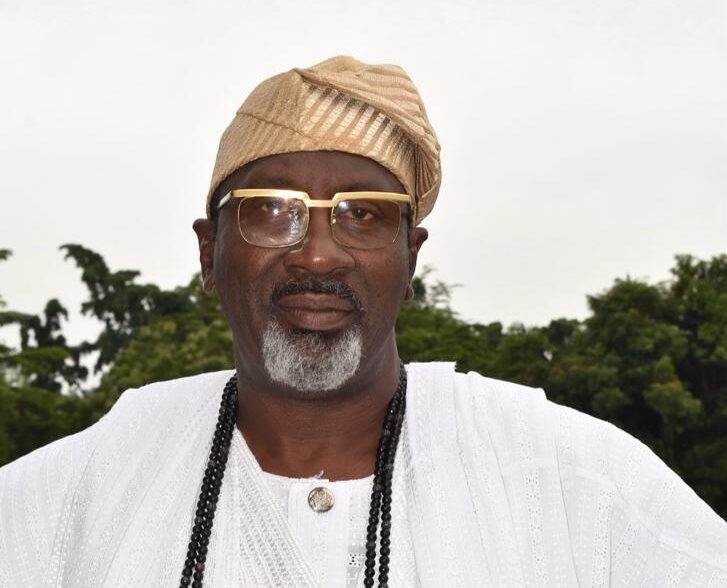Examining the Economic Policies of President Bola Ahmed Tinubu’s Administration: A Mixed Bag for Nigeria
By Abayomi Odunowo 3rd October 2024.
Nigeria has long grappled with economic challenges such as high inflation, currency devaluation, and limited public services. The persistent issue of fuel subsidies, which saw government funds drained into a system that disproportionately benefited the wealthy, presented a significant hurdle to fiscal responsibility and sustainable growth. The historical context of these subsidies not only strained the national budget but also perpetuated a cycle of dependency that stifled genuine market competition. The unsustainable nature of this financial practice made it a prime target for reform, especially in light of Nigeria’s pressing need for infrastructure development and social services.
However, as President Bola Ahmed Tinubu assumed office in May 2023, the ambitious reform agenda he championed would come at a considerable cost. The immediate removal of fuel subsidies, while a necessary step towards fiscal reform, backfired dramatically in terms of public sentiment and economic stability. The spike in fuel prices—over 200%—and the corresponding rise in inflation to more than 32% by early 2024 exposed the vulnerabilities of ordinary Nigerians. Many citizens, particularly from low-income households, found themselves facing escalating transportation costs and the inevitable increase in prices of everyday goods and services. Against this backdrop, the consequences of these policies posed a pressing problem for the Tinubu administration—how to implement necessary reforms without exacerbating the hardships faced by the populace.
The immediate fallout from Tinubu’s policies has ignited a contentious debate about the balance between economic reform and social equity. The sharp increase in fuel prices shifted the burden disproportionately onto lower-income Nigerians, who were already grappling with daily challenges like food insecurity, unemployment, and insufficient healthcare. The administration’s promise of reallocated funds to infrastructure, education, and healthcare has been met with skepticism; many citizens feel the benefits promised have yet to materialize meaningfully.
Moreover, the unification of the naira’s exchange rate—floating the currency after years of pegging—was intended as a critical reform to attract foreign investment and stabilize the economy. However, this policy led to a staggering depreciation of the currency, with the naira losing over 70% of its value against the dollar by early 2024. The cascading effects of inflation coupled with currency devaluation have rendered imports prohibitively expensive, further driving up living costs for ordinary Nigerians. This situation has led to a public outcry, showcasing the agitation among citizens who feel they are shouldering the brunt of these reforms with little immediate relief in sight.
To mitigate the short-term pain inflicted by these policies, the Tinubu administration must prioritize comprehensive strategies that can effectively address the immediate economic challenges faced by low-income populations. First and foremost, the government should accelerate the establishment of robust social safety nets—like targeted cash transfer programs—to cushion the impact of rising prices on the most vulnerable segments of society. Ensuring that the benefits of freed-up funds from fuel subsidy removal are directed toward community development initiatives can help rebuild trust between the administration and the populace.
Furthermore, effective communication about the long-term vision and expected outcomes of the reforms is key. The government must be transparent in its approach, providing regular updates on infrastructure and healthcare projects that are intended to uplift citizens’ living standards. By fostering a sense of ownership and inclusion in the reform process, the administration could cultivate better relations with its constituents.
Lastly, the ongoing tax reforms, aimed at simplifying and streamlining Nigeria’s complex tax structure, should also involve robust stakeholder engagement. Simplifying the tax regimes while ensuring that the wealthiest individuals and corporations contribute their fair share can help alleviate the fiscal pressures without disproportionately burdening small businesses or low-income earners.
In essence, while President Bola Ahmed Tinubu’s administration has embarked upon necessary economic reforms like the removal of fuel subsidies, currency unification, and initiating tax reforms, the immediate repercussions have resulted in significant hardship for many Nigerians. The success of these policies in creating a more robust financial environment will depend on the government’s ability to address the acute challenges arising from these reforms, ensuring that the most vulnerable citizens are not left behind as Nigeria strives for sustainable growth. Through a holistic approach that couples necessary reforms with social equity, the Tinubu administration can build a transformed economy that benefits all Nigerians in the long run.
Otunba Abdulfalil Abayomi Odunowo
National Chairman AATSG
Mobile : +2349053535322
Thursday 3rd October 2024.



